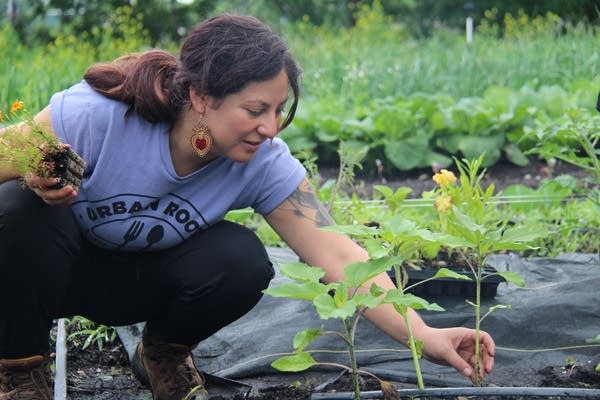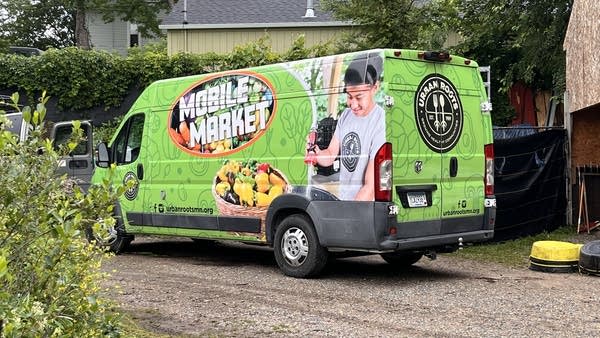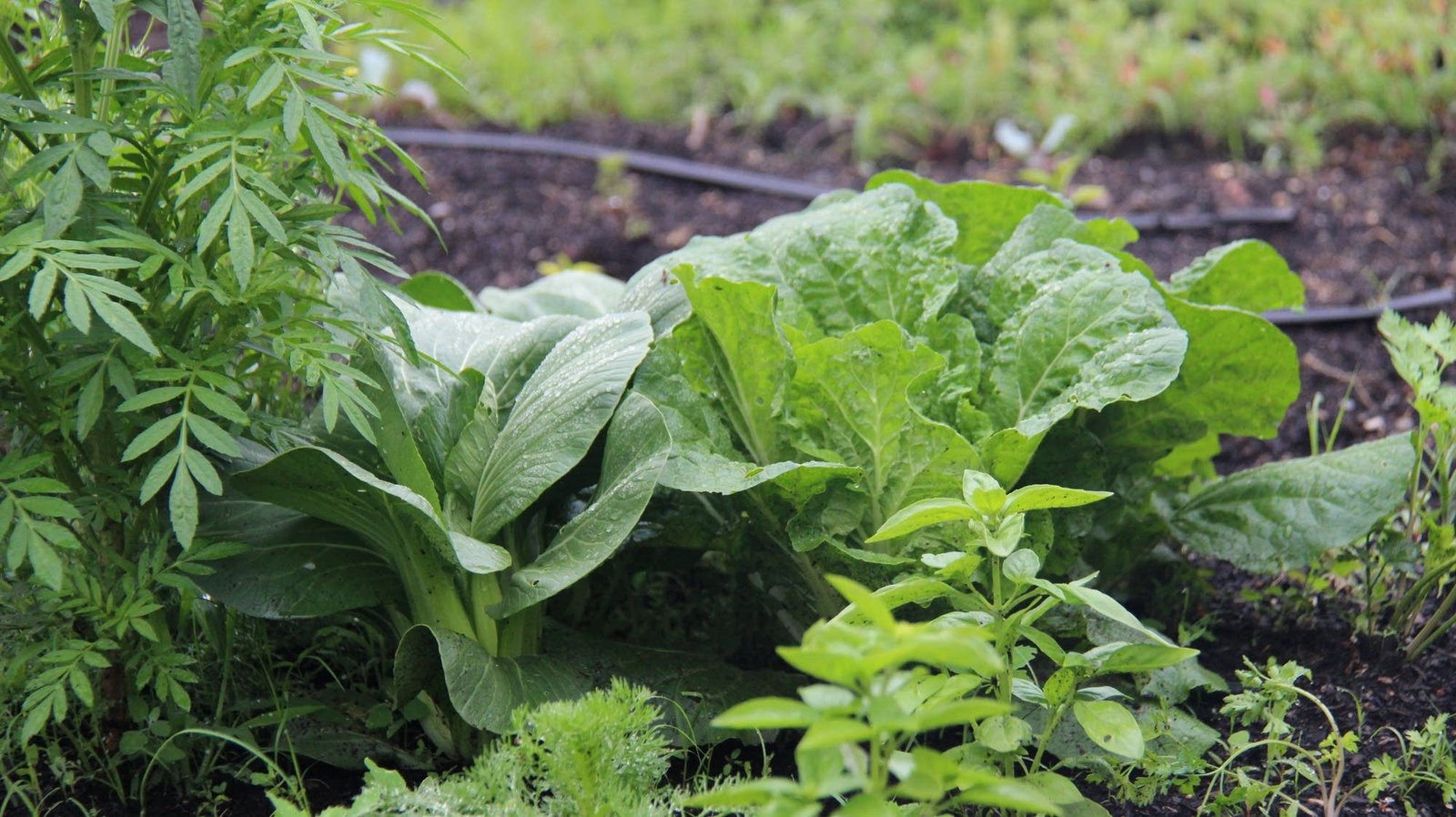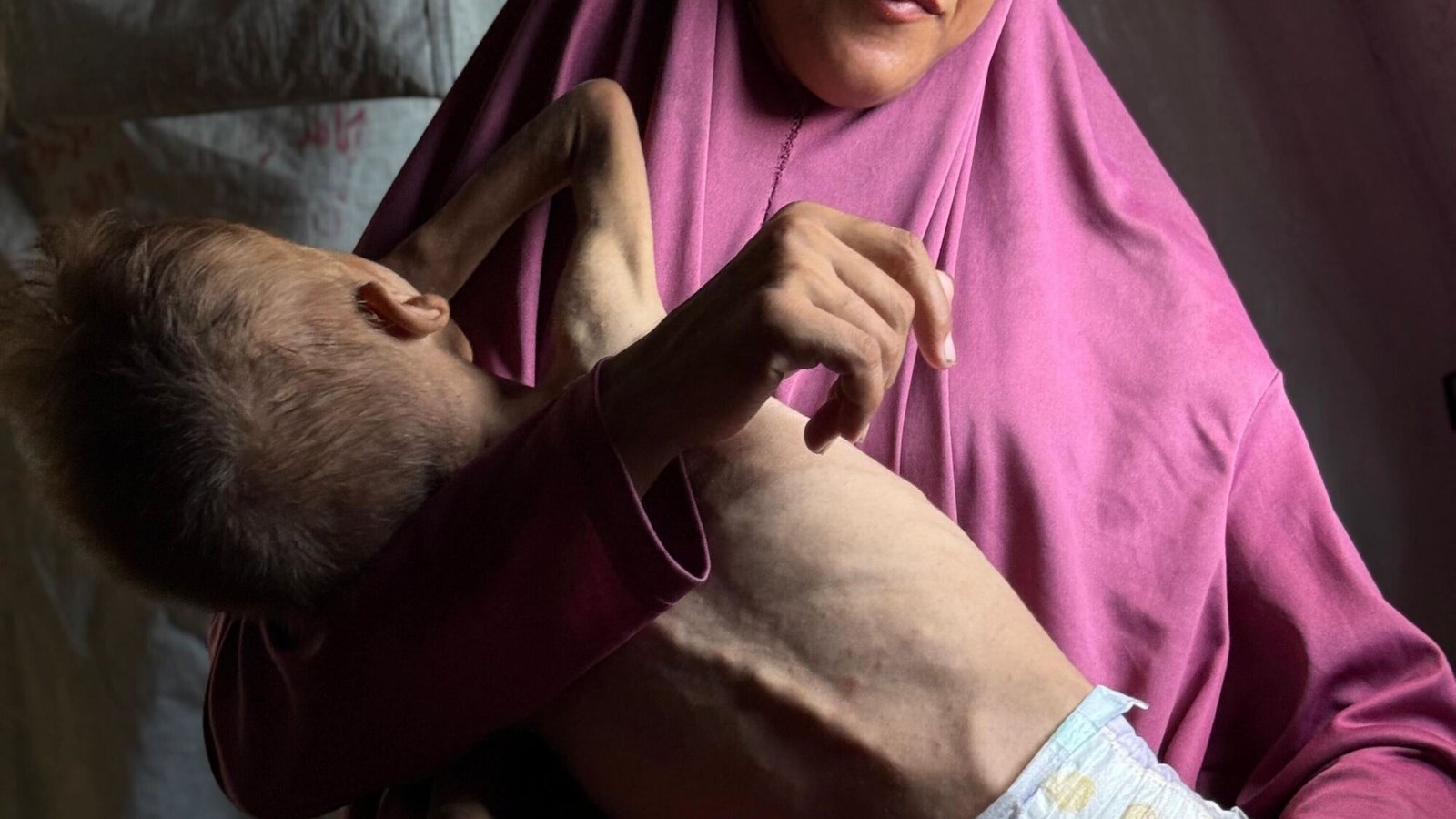In Abrahan Uzcanga Gonzalez’s home on St. Paul’s east side, tomatoes are a staple.
Nearly every night, his mother uses the plump fruit for salsa, stews and other dishes that remind his family of their Latino roots. But as much as Abrahan loves the taste of his mom’s tomato-based meals, they are often out of reach.
“My mom has had trouble [getting tomatoes] because we kind of live in a food desert and transportation is kind of hard for us,” Abrahan said.
Janya Dieringer faced a similar reality for different reasons.
“When I was younger, my family was less financially stable, we lived off food stamps a lot. My mom would tell me stories about having to decide whether we were going to have fruits or vegetables each week — like, should I get apples or celery?” said Dieringer.
As food insecurity continues to impact thousands of families across Minnesota, one nonprofit, Urban Roots, is working to equip youth with the tools to grow, cook and share their own food.

In Minnesota, 26% of households with at least one child under 18 years old reported not having access to enough affordable and nutritious food options, according to the U.S. Census Bureau.
This lack of access to vital food items can stem from transportation issues and financial instability as Abrahan and Dieringer described, to more complicated reasons like job loss, discrimination and rising food costs.
“Food insecurity happens on a continuum — from worrying about affording food, to buying less expensive foods instead of fruits and vegetables, to the most severe: actually running out of food and having to skip meals,” said Michelle Trumpy, director of public health at the University of Minnesota’s Boynton Health.
One of the organization’s paid internship opportunities is the Market Garden program.
In this program, teens spend a few hours during different times of the day prepping, picking and planting crops at the organization’s Rivoli Bluffs farm.
“To work with us, you have to qualify by having some kind of barrier to employment. For most of our youth, that’s financial, but it could also mean having been in foster care or having an independent education plan,” said Jaclyne Jandro, Market Garden’s program director.
Once tasks at the Rivoli farm are complete and students have a suitable batch of produce, interns hop in a white sprinter van and ride to Urban Roots’ test kitchen in St. Paul.
There they use the crops that they’ve grown to make delicious, chemical-free meals as part of the organization’s hands-on curriculum.
“I feel like cities often tend to be food deserts,” Dieringer said. “A lot of people, especially interns when they first start here, only eat cheaper foods from McDonald’s or gas stations. This program helps us be healthier and more connected with our community.”
The food from the Market Garden program also goes to farmer’s markets including Urban Roots’ Mobile Market to help community relief efforts in St. Paul neighborhoods.
Through both the Market Garden and Cook Fresh programs, Urban Roots says over 87 interns have been able to grow 70 varieties of produce on multiple sites.

Through the interns’ produce, Urban Roots says it has been able to feed nearly 1,000 people. Most of interns say they feel more empowered by their own food choices.
“When you’re dealing with food insecurity, it’s not enough to just say, ‘Here’s food,’” said Jandro. “It’s about creating relationships and giving people the tools to have access over time — to learn how to grow their own food, where to do it safely, and how to cook with healthy, culturally relevant ingredients.”
For Abrahan, getting into a program like this taught him more than just how to grow and cook his own produce.
“It’s taught me a lot of public speaking, talking to other people, learning life skills about farming — and just overall job skills too.”
Dieringer added the program’s benefits extend beyond the field.
“They encourage us to take food home. If we get to a 1,000 pounds of food that we brought home, we get a pizza party. So this program really helps us be healthier and get fresh food out to the community too,” said Dieringer.
Urban Roots hopes that through their approach, more urban farms will follow in their footsteps. While food insecurity is the main problem that the organization is trying to solve, they also stress the importance of community.
“We’re all about relationships — with our interns, our partners, the land, the plants and all of our more-than-human relatives out here,” Jandro said. “And relationship isn’t something you can check off quickly — it takes time and effort, and that’s what we’re doing here.”




